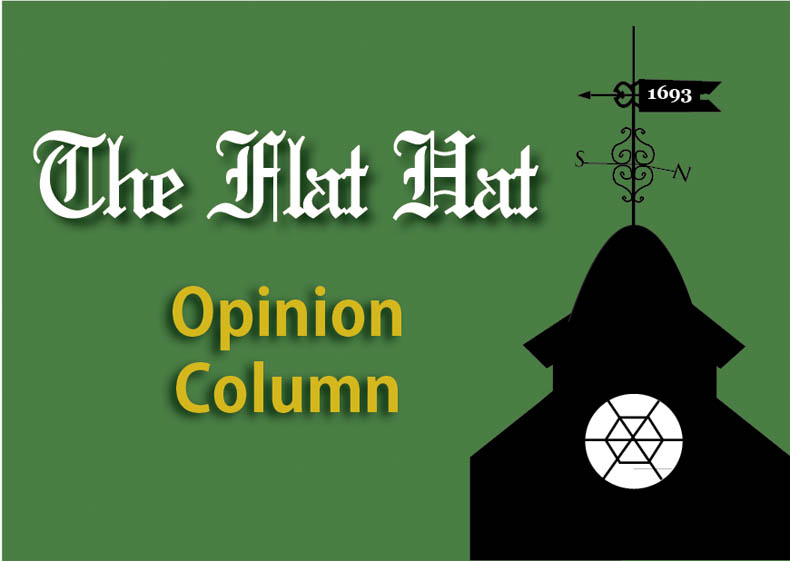Today is Election Day, and at precisely this moment, thousands may be turned away from the polls for lack of proper identification, their efforts to participate in the political process thwarted by a misguided legal doctrine.
I beseech you: Don’t believe the vague and unfounded suppositions that voter fraud in the United States demands sweeping legislative responses and take a stand to encourage voter participation this election. As the November elections occur, remember four things: Know your rights, bring proper identification, make it to the polls, and discourage any form of voter suppression you encounter in whatever way you see fit.
The right to vote as a U.S. citizen is one of the most intrinsic and essential permissions afforded to us by the Constitution. Within the past 100 years, we have overcome the literacy tests, poll taxes, blatant sexism, the “grandfather clause” and voter intimidation. What now? A total of 32 states proposed new laws or stronger revisions to existing laws in 2012 to make the voter identification process on Election Day a much stricter ordeal. Ten such laws included strict photo identification requirements and would turn potential voters away if they failed to obtain and present such identification by Election Day. So, what’s the big deal? These laws are not only overblown and unnecessary, but could preclude millions of voters from casting their ballots this Nov.
Voter impersonation in the United States is in no conceivable way a problem to be addressed. According to an exhaustive study by the investigative journalism organization News21, only 10 cases of voter impersonation were discovered out of 146 million registered voters within the last 12 years. After further analysis of a study conducted by the Republican National Lawyers Association, News21 concluded that only one in 15 million voters in America engages in voter fraud that could be prevented by stricter identification laws.
Nevertheless, lawmakers instituted brash and imprudent legislation to curtail what they claimed was a rampant trend, potentially disenfranchising millions. The Brennan Institute for Justice at New York University recently reported that as many as five million voters with sufficient voting qualifications lack the necessary documents to vote as a direct result of stricter voter identification laws. Moreover, studies show that the voters most likely to be included in these disenfranchised populations are elderly, poor, black, Hispanic or young — minority populations that usually vote Democratic. Let’s hope to God it’s a mere coincidence that every single one of the nine states with the strictest photo identification laws has a Republican majority.
Yet blaming a single political party is infantile and helps nothing. If these laws continue to impinge upon the likelihood of thousands of our peers and millions of our fellow citizens to vote in the upcoming election, it will not be the fault of Republicans; it will be the failure of a nation. Moreover, if we fail as the College of William and Mary to do everything in our power to discourage voter suppression and encourage voter participation, we will have failed our illustrious school.
Vote, vote, vote. Tell all of your friends to vote. Virginia law permits the use of college student IDs for identification at the polls, so bring your student IDs. If you are an out-of-state student, find out if your state has passed new legislation requiring stricter identification laws. If so, tell all of your friends and family at home what they need to bring, and write your representatives articulate and informed letters of disapproval for passing such laws.
We can’t change the past, but we can set an example for the future. People of the College, let’s turn out in droves for this election and take every step possible to encourage others to do the same. We, as the rising generation of leaders, can show our current unscrupulous and reckless leaders that we do not condone such petty and infantile attempts to disenfranchise potential voters. We may not like our choices in the election, but we have a voice. Use it.
Email William Plews-Ogan at wmplewsogan@email.wm.edu.

